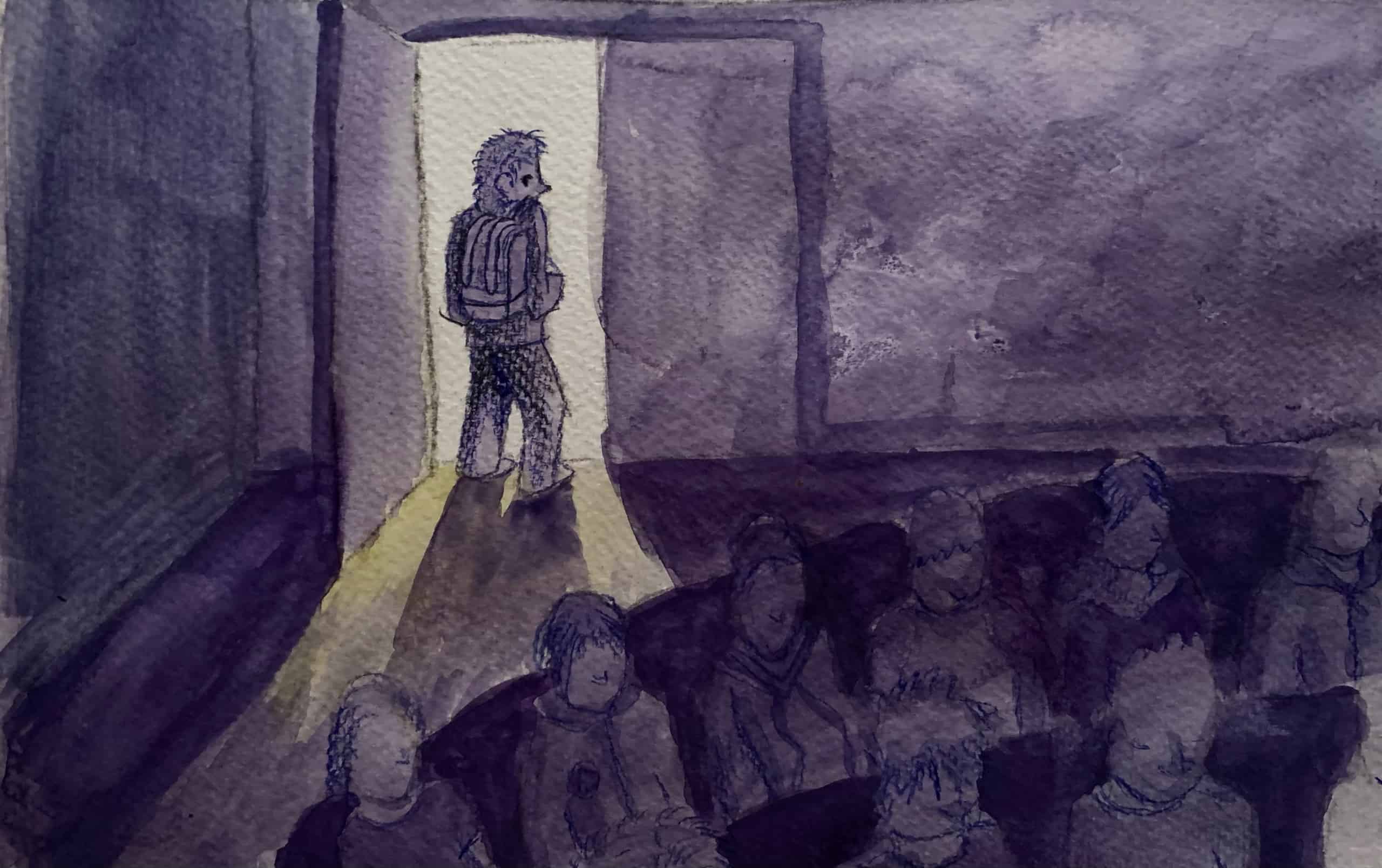I’m in the 10th year of my four-year diploma, set to finally graduate this spring. When I came to university, I was not prepared for what was to come. A lifetime of unmanaged neurodivergence reared its head in the new pressure-filled environment, and I voluntarily removed myself from school before returning with accommodations. It was not an easy decision to make — and it was one that I’m glad the university had no part in.
I read through The Varsity’s recent coverage of the University-Mandated Leave of Absence Policy (UMLAP), and while I can see how this policy can be applied beneficially in some cases, its wording implies a trust in U of T that many students no longer have. The university has recently wielded its power for ideological reasons inappropriately — I’m thinking of the recent law school scandal, in response to which the Canadian Association of University Teachers has only just lifted its censure. This scandal showed the university prioritizing the interests of donors within the institution’s functionings.
If the priority of an institution is making money in order to stay operational, then mental health and the student population in general cannot also be the primary focus of the university. This policy makes that extremely clear, exchanging any wording that would imply a duty to the health of its students for a non-binding document that allows the university to decide what is best for a student.
The policy states that “the University will generally have pursued and sought the Student’s participation.” However, the word “generally” leaves a lot of room for interpretation. This wording theoretically allows the university to take action without requiring it to pursue student participation beforehand.
Yes, this allows for quick removal if someone is an immediate harm, but the policy also gives the university a wide reach with little need to validate the threat it perceives, as pointed out in a letter from the Ontario Human Rights Commission (OHRC). The UMLAP asks for trust with the hope it won’t be abused, but there is arguably no real reason to grant that trust in the first place.
In a response to the OHRC’s letter, U of T’s acting vice-president and provost, Trevor Young, wrote that students who were put on leave were “assigned a Case Manager and Student Support Team, which includes a licensed psychiatrist.” The policy itself shows no requirement to provide a psychiatrist, instead providing a large list of people that could be involved, including Campus Safety.
One of the thresholds that allows the university to activate this policy is the vague phrase “harm that involves substantial impairment of the educational experience of fellow students,” with no benchmark for “substantial” or clear definition of “educational experience.”
The vague wording of this document is the real issue. As I read through the policy, I was able to think of tons of scenarios that permitted removing students, even if the university had no intention of using the UMLAP that way. My own case of leaving school was voluntary and not mandated by the university, but my worry is that U of T could have used the UMLAP if it wanted to.
I want to draw attention to another huge issue with the UMLAP — the university’s ability to remove a student’s access to counselling services. I can understand this in some circumstances — if a student is a threat to others or we don’t want them to be on campus — but counselling services can be provided online or by phone, and depriving someone of help when they need it the most is absolutely inappropriate. Having this restriction in the policy shows an enormous disregard for students’ mental health, or at least a misunderstanding of it, and should have been a red flag when the policy was drafted.
Certainly, the university ought to have ways of quickly removing students who may harm themselves or others. However, the UMLAP is a vague process that allows the university to pretty much do anything, which is a nightmare policy out of a dystopian novel. This policy implies that students trust the university with their mental health, but puts zero responsibility on the university to promote greater mental health.
The UMLAP needs work. I hope that the review and consultations currently being done on the UMLAP result in a rewritten policy. U of T must continue consulting its students and publishing reports on the usage of this policy so that the community knows it isn’t being wielded inappropriately.
The policy’s vague wording theoretically allows for a unique solution for each student, but the UMLAP requires a trust that the university has no reason to expect of its community. With its recent history of being swayed by donor interests, I do not believe that the university has my mental health interests as its top priority, and no student in an institution that must turn a profit should. Students will always come second, and this careless policy illustrates that perfectly.
Emily Faubert is a fourth-year journalism and philosophy student at UTSC.


